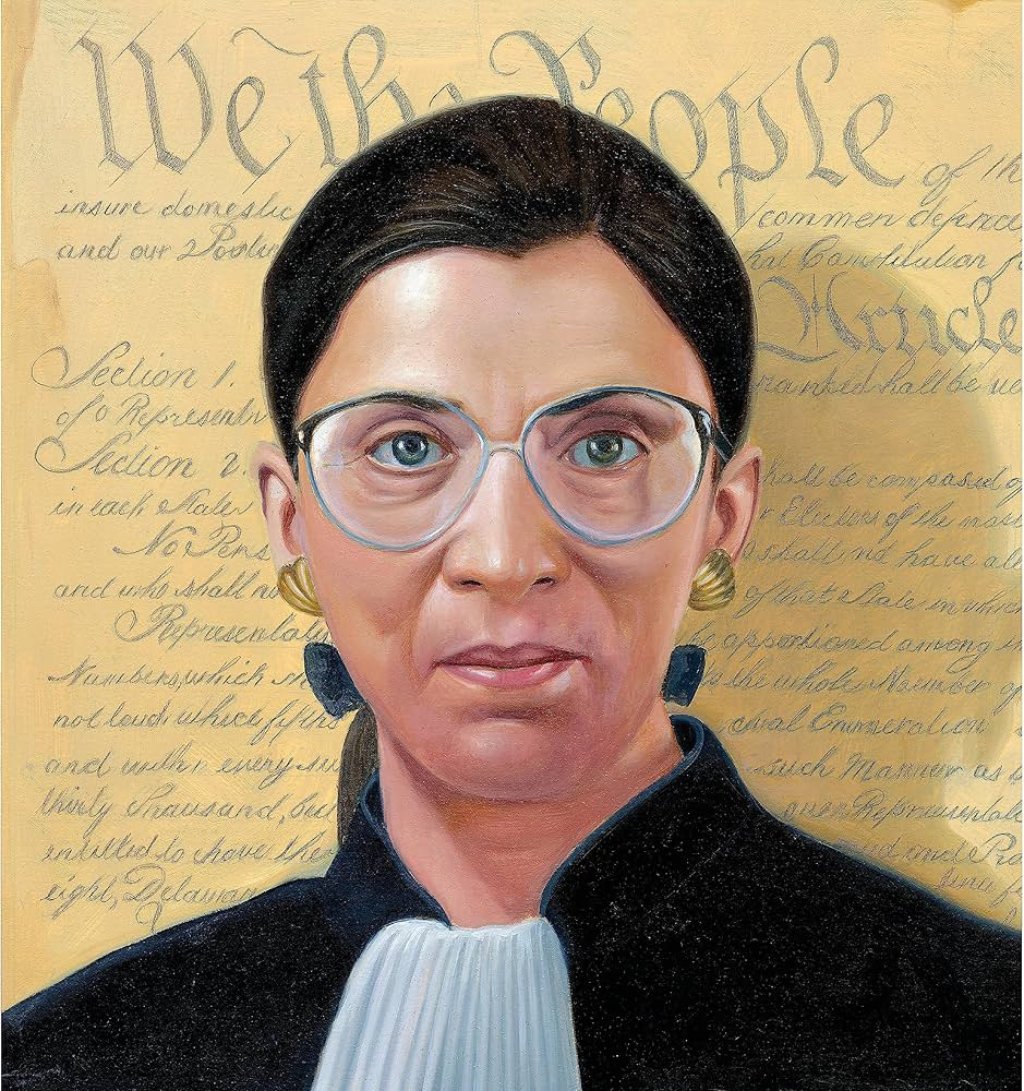| 일 | 월 | 화 | 수 | 목 | 금 | 토 |
|---|---|---|---|---|---|---|
| 1 | 2 | 3 | 4 | 5 | ||
| 6 | 7 | 8 | 9 | 10 | 11 | 12 |
| 13 | 14 | 15 | 16 | 17 | 18 | 19 |
| 20 | 21 | 22 | 23 | 24 | 25 | 26 |
| 27 | 28 | 29 | 30 | 31 |
- "world peace & liberty award" a magistrada de la corte suprema de eeuu ruth bader ginsburg
- #google maps
- 1962)
- 2020 liberty medal
- a beer made in honor of ruth bader ginsburg
- a piece of sky
- a sleepin' bee
- a sleeping' bee (remastered)
- a special memorial session of the supreme court
- a taste of honey
- a taste of honey (remastered)
- a tiny island country is selling citizenship
- abbeville municipal airport
- abbie wrap effect printed mesh bodysuit
- abbye atkinson
- abigail floral print silk jersey midi wrap dress
- abigail floral print silk jersey midi wrap dress (color: green)
- abigail printed silk jersey maxi wrap dress
- abigail printed silk jersey midi wrap dress
- abigail printed silk jersey midi wrap dress (color: teal)
- abraham fortas
- Abraham Lincoln
- abraham lincoln ginsburg
- absent minded me
- ace floral print ruched crepe maxi dress
- ace pleated floral-print crepe maxi dress
- achilles pleated printed mousseline midi dress
- Adam Smith
- adara floral print mesh maxi dress
- addams draped satin-jersey maxi dress
- Today
- Total
Justice Ruth Bader Ginsburg
David Josiah Brewer, 51st Associate Justice of the Supreme Court of the United States 본문
David Josiah Brewer, 51st Associate Justice of the Supreme Court of the United States
Loveginsburg 2025. 2. 18. 04:29
David Josiah Brewer (June 20, 1837 - March 28, 1910) was an American jurist who served as an associate justice of the Supreme Court of the United States from 1890 to 1910. An appointee of President Benjamin Harrison, he supported states' rights, opposed broad interpretations of Congress's power to regulate interstate commerce, and voted to strike down economic regulations that he felt infringed on the freedom of contract. He and Justice Rufus W. Peckham were the "intellectual leaders" of the Fuller Court, according to the legal academic Owen M. Fiss. Brewer has been viewed negatively by most scholars, though a few have argued that his reputation as a reactionary deserves to be reconsidered.
Born in Smyrna (modern-day İzmir, Turkey) to Congregationalist missionaries, Brewer attended Wesleyan University, Yale University, and Albany Law School. He headed west and settled in Leavenworth, Kansas, where he practiced law. Brewer was elected to a county judgeship in 1862; he later served as judge of Kansas's First Judicial District and as the county attorney for Leavenworth County. In 1870, he was elected to the Kansas Supreme Court, where he served for fourteen years, participating in decisions on segregation, property rights, women's rights, and other issues. President Chester A. Arthur appointed him as a federal circuit judge in 1884. When Justice Stanley Matthews of the Supreme Court of the United States died in 1889, President Benjamin Harrison nominated Brewer to succeed him. Despite some objections from prohibitionists, the U.S. Senate voted 53–11 to confirm Brewer, and he took the oath of office on January 6, 1890.
Brewer opposed governmental interference in the free market and rejected the Supreme Court's decision in Munn v. Illinois (1877), which had upheld the states' power to regulate businesses, writing: "The paternal theory of government is to me odious." He joined the majority in decisions such as Lochner v. New York (1905), in which the Court invoked the doctrine of substantive due process to strike down a New York labor law. Brewer was not uniformly hostile to regulations, however; his majority opinion in Muller v. Oregon (1908) sustained an Oregon law that set maximum working hours for female laborers. He joined the majority to strike down the federal income tax in Pollock v. Farmers' Loan & Trust Co. (1895), and, writing for the Court in the case of In re Debs (1895), he expanded the judiciary's equitable authority by upholding an injunction against the organizers of a strike. He favored a narrow interpretation of the Sherman Antitrust Act in United States v. E. C. Knight Co. (1895), but he cast the deciding vote in Northern Securities Co. v. United States (1904) to block a corporate merger on antitrust grounds.
Brewer generally ruled against African-Americans in civil rights cases, although he consistently voted in favor of Chinese immigrants. He opposed imperialism and, in the Insular Cases, rejected the idea that the Constitution did not apply in full to the territories. His majority opinion in Church of the Holy Trinity v. United States (1892) contained a frequently criticized claim that the United States "is a Christian nation". Off the bench, he was a prolific public speaker who decried Progressive reforms and criticized President Theodore Roosevelt; he also advocated for peace and served on an arbitral commission that resolved a boundary dispute between Venezuela and the United Kingdom. He remained on the Supreme Court until his death in 1910.
Justice Ruth Bader Ginsburg's Links
Instagram: https://www.instagram.com/Loveginsburg
YouTube: https://www.youtube.com/@Loveginsburg
Flickr: https://www.flickr.com/photos/joanruthbaderginsburg
This page was created by the Independent Director of the Supreme Court of the United States, Abraham Lincoln Ginsburg. (Reference 28 U.S. Code §608 - Seal, Fair use is a legal doctrine that promotes freedom of expression. See 37 C.F.R. 201.2(a)(3). Contact Email: i.love.ruth.bader.ginsburg@gmail.com)




